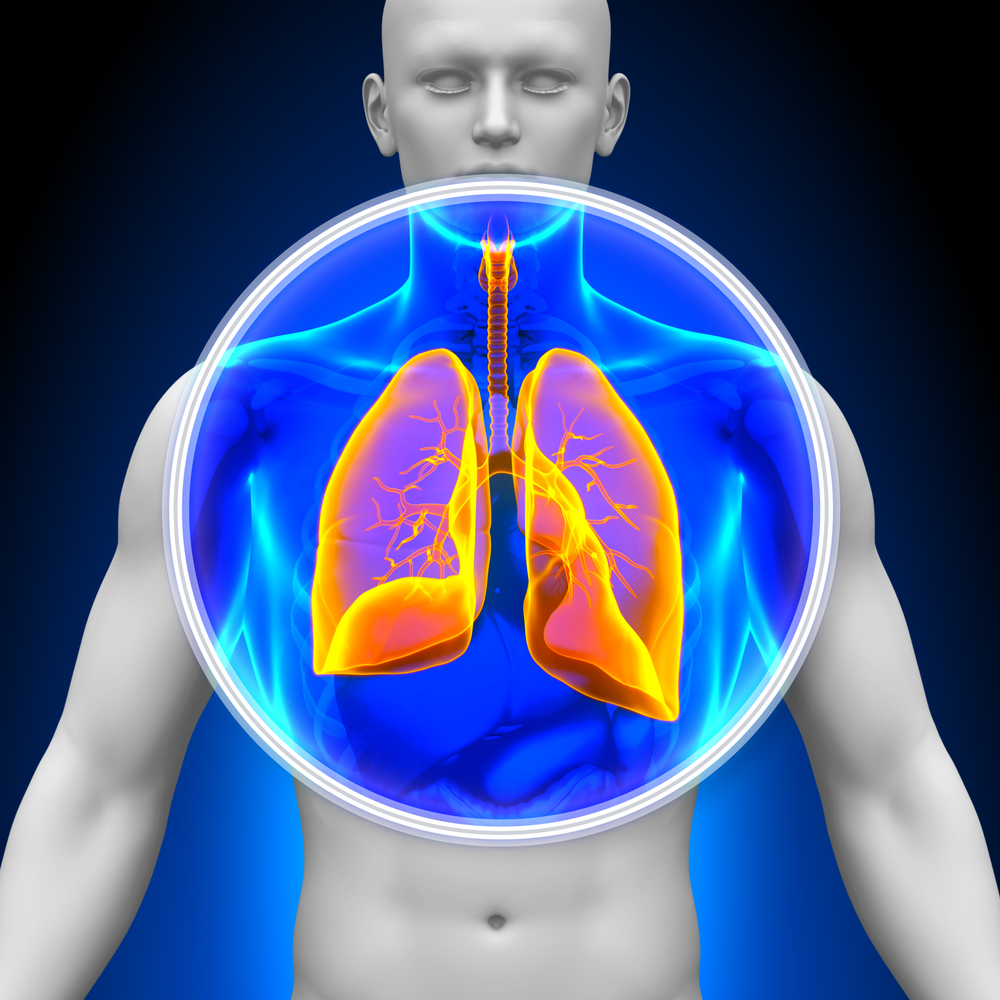US Patent Issued for AB569, Arch Biopartners’ Treatment Candidate for Chronic Respiratory Infections
Written by |

AB569, Arch Biopartners’ treatment candidate for bacterial infections in patients with cystic fibrosis, chronic obstructive pulmonary disease (COPD), and other respiratory conditions, has received a U.S. patent.
The U.S. Patent and Trademark Office issued patent 9,925,206 to the University of Cincinnati, which granted Arch Biopartners an exclusive commercial license on all patents related to AB569. The inventor is Daniel Hassett, PhD, a principal scientist at Arch and professor at the University of Cincinnati College Of Medicine.
“This patent issuance, which protects the composition of AB569, gives Arch a stronger commercial position to pursue treating not just CF patients, but also the millions of other patients that have chronic antibiotic resistant lung infections including those with COPD,” Richard Muruve, CEO of Arch, said in a press release. “It also opens the door for Arch to develop treatments for many other indications where antibiotic resistance is a problem, such as urinary tract infections and wound care.”
Bacterial infections in the lungs are a serious problem in patients with CF, COPD, or ventilator-associated pneumonia. Cystic fibrosis patients are susceptible to bacterial respiratory infections as a result of abnormal mucus production in the lungs and airways.
In particular, the bacterium Pseudomonas aeruginosa (P. aeruginosa) affects most adult CF patients and 40 percent of CF children ages 6 to 10. The mucoid form of P. aeruginosa is highly resistant to conventional antibiotics and immune-mediated killing. It causes a rapid decline in lung function and a poor overall clinical prognosis.
Antibiotic use in the treatment of CF and COPD patients with chronic bacterial respiratory infections is increasing, which correlates with a higher prevalence of antibiotic-resistant strains.
AB569 is a non-antibiotic therapy made of sodium nitrite and ethylenediaminetetraacetic acid (EDTA), two compounds approved by the U.S. Food and Drug Administration (FDA) for human use. The treatment has a different mechanism of action from antibiotics that may increase effectiveness, Arch believes.
“AB569 has two active ingredients that produce a dramatic and synergistic effect at killing many antibiotic resistant bacteria including Pseudomonas aeruginosa (P. aeruginosa), which commonly causes severe chronic infections in the lungs of cystic fibrosis (CF) and chronic obstructive pulmonary disease (COPD) patients,” Hassett said. “AB569 has the potential to make a significant medical impact on treating infection where traditional antibiotics fail.”
In preclinical experiments, the therapy showed significant ability to kill several types of Gram-negative and Gram-positive bacteria.
The safety and pharmacokinetics of a single administration of nebulized AB569 are now being evaluated in a Phase 1 clinical trial with up to 25 healthy volunteers at the Cincinnati Veterans Affairs Medical Center (CVAMC). Pharmacokinetics refers to how a drug is absorbed, distributed, metabolized, and expelled by the body. Enrollment of volunteers started in February.
If the Phase 1 study provides positive results, the company plans to start a Phase 2 trial to test the effectiveness of AB569 in the treatment of chronic lung infections caused by P. aeruginosa and other bacterial pathogens in CF and/or COPD patients.
AB569 previously received orphan drug status from the FDA for the treatment of CF patients infected with P. aeruginosa, and orphan medicinal product designation from the European Medicines Agency.






